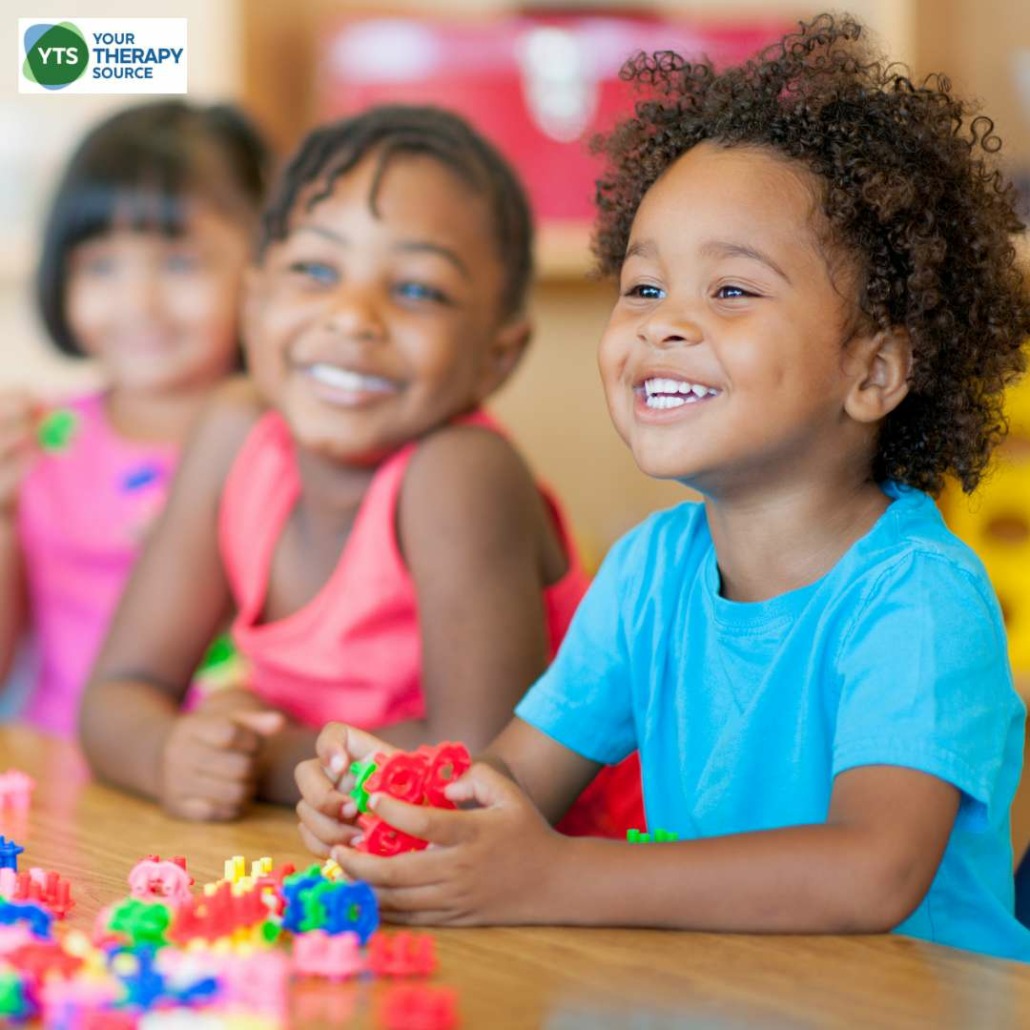Friendship Games for Preschool
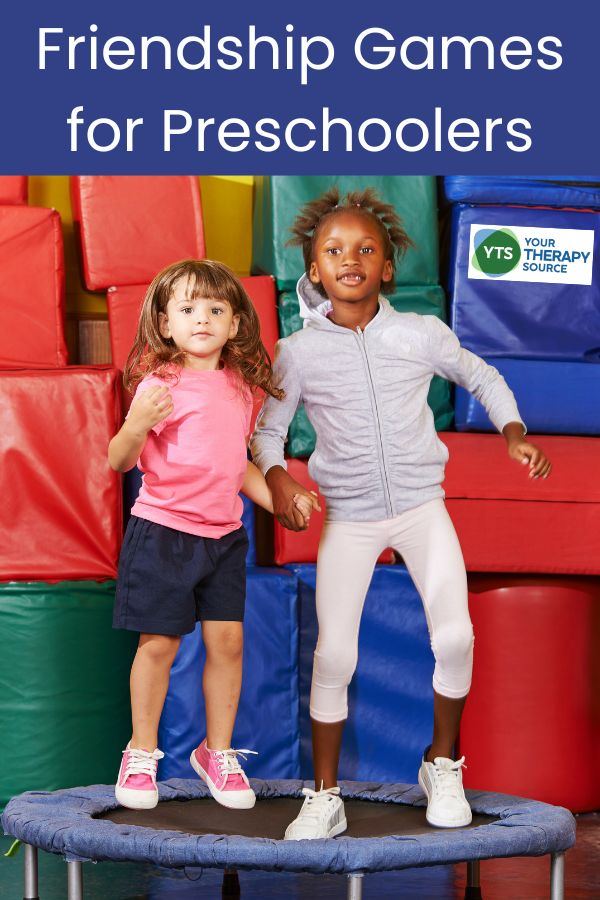
In the realm of early childhood education, fostering friendships holds special importance, especially for children with special needs. Your role in nurturing social skills and connections among preschoolers is invaluable. Through a carefully curated blend of engaging activities and games, you can help these young learners develop essential friendship skills that will empower them to build meaningful relationships throughout their lives. Here are some friendship games for preschool that offer insights into friendship skills for 3-year-olds and 4-year-olds, activities that promote social interaction, effective teaching strategies, and activities that help with friendship building.
WHAT ARE FRIENDSHIP SKILLS FOR 3-YEAR-OLDS?
For 3-year-olds in special education classrooms, foundational friendship skills serve as building blocks for future interactions. These skills include:
Basic Communication
Encourage children to express their preferences, needs, and emotions using simple words, gestures, or pictures.
Turn-Taking
Teach the concept of taking turns through interactive activities like passing a ball, sharing a toy, or playing a game where each child gets a chance to participate.
Parallel Play with Peer Interaction
Facilitate parallel play while gently guiding children to interact with their peers. For instance, provide similar toys and encourage them to engage in activities side by side.
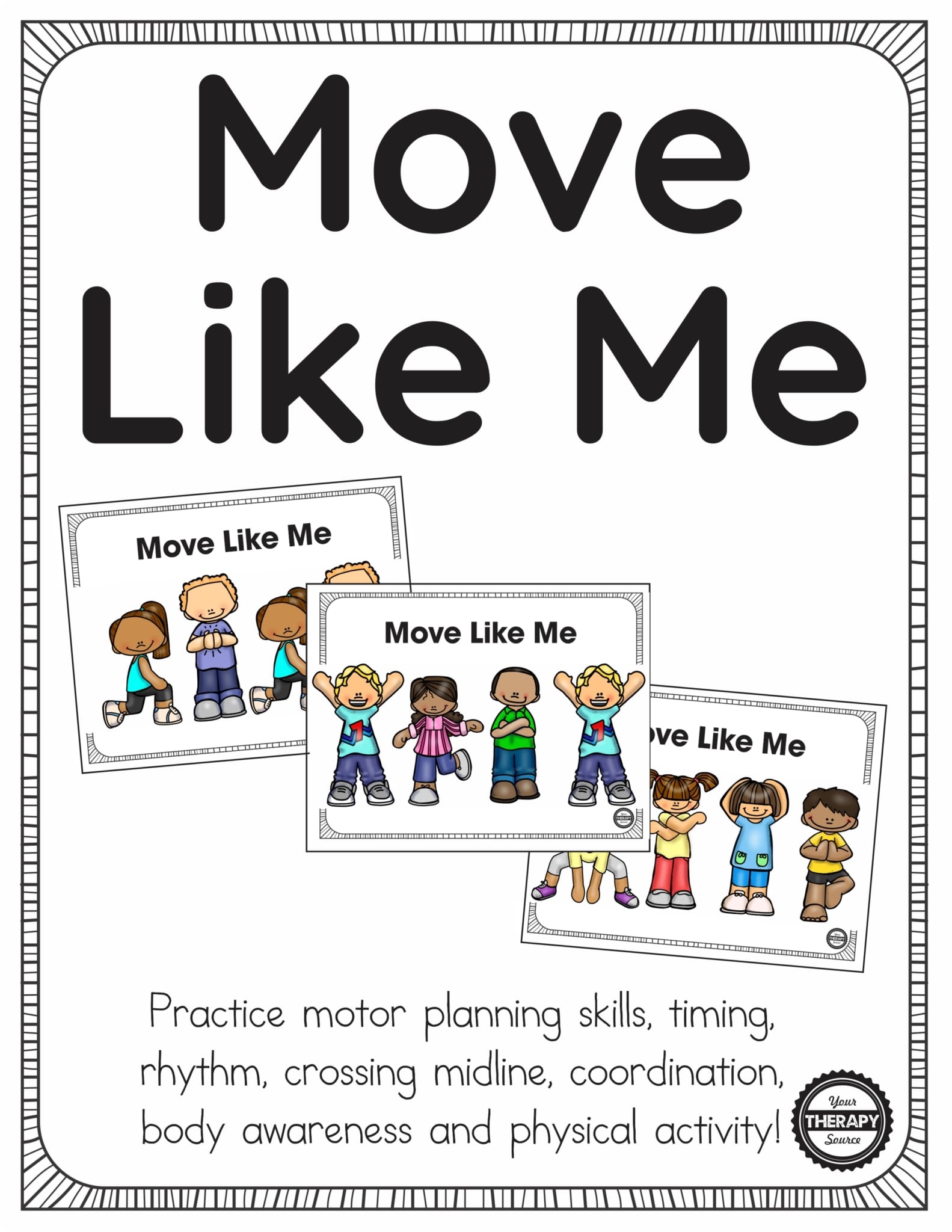
Move Like Me – Motor Planning, Coordination and Body Awareness
WHAT ARE FRIENDSHIP SKILLS FOR 4-YEAR-OLDS?
As preschoolers turn 4, their social and emotional growth paves the way for more complex friendship skills. For special ed and general ed classrooms alike, these skills can include:
Emotional Awareness
Help children identify their emotions and practice self-regulation. Getting good at this will help them understand the emotions of their peers as well. Use visual aids or emotion cards to aid comprehension.
Simple Problem-Solving
Guide children in solving conflicts using visual cues or structured steps. Encourage them to express their feelings and thoughts during conflicts.
Cooperative Play
Design group activities that require cooperation, such as building with blocks or putting puzzles together.
Read more about social emotional activities for preschoolers.
WHAT ARE THE ACTIVITIES RELATED TO FRIENDSHIP FOR PRESCHOOLERS?
Friendship games for preschool hold significance for preschool learners. These activities serve as a crucial platform for nurturing essential social and emotional skills from a young age. These interactions not only promote a sense of belonging and connection within the classroom. They also lay the groundwork for fostering healthy relationships throughout their lives. These activities centered around friendship provide preschoolers with a safe and structured environment to explore and practice the imporant parts of being a good friend.
Friendship Bracelets
Engage children in making friendship bracelets using colorful beads and yarn. Discuss the concept of friends while they create a unique bracelet for a peer.
Friendship Chain
Have children create a paper chain, with each link representing a friendship. Discuss the qualities of a good friend as they add links to the chain.
Body Parts Activities
Body part activities can be transformed into engaging friendship games for preschoolers by incorporating elements of cooperation and interaction. Through games like “Simon Says,” where children follow instructions involving body parts, they not only enhance their physical coordination but also learn to communicate and work together with their peers, forging bonds of friendship through shared laughter and play.
Favorite Things Sharing
During circle time, let children take turns sharing their favorite things, talking in conversation and building connections. Students become comfortable chatting with one another. This can easily build to more feelings games, which can deepen student connections with each other.
Obstacle Course Collaboration
Set up an obstacle course where children work in pairs. Encourage them to help each other through the course, encouraging teamwork.
Dramatic Play
Create situations where children take on different roles, promoting understanding of others’ perspectives and feelings.
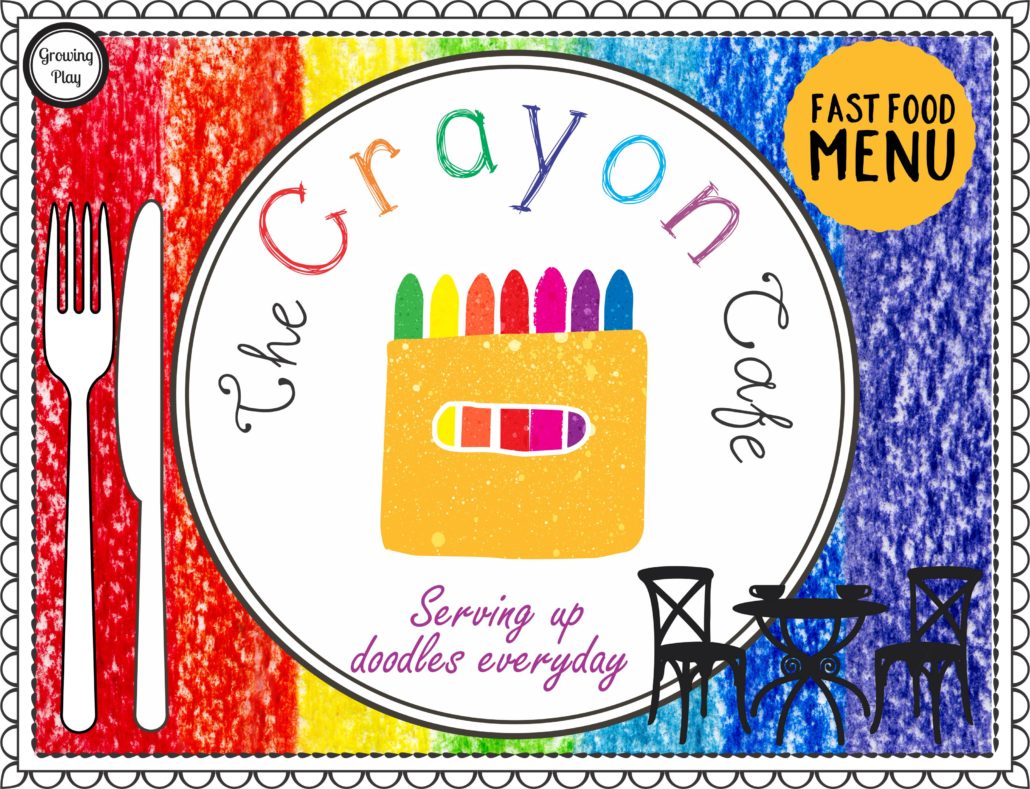
The Crayon Cafe – Fast Food Menu
HOW DO YOU TEACH FRIENDSHIP TO PRESCHOOLERS?
Teaching friendship games for preschool means creating a supportive and inclusive environment where social skills can be used. Begin by introducing games that encourage cooperation, turn-taking, and communication. Use visual cues, simple instructions, and positive reinforcement to guide their interactions, fostering a sense of camaraderie and shared accomplishment. Emphasize the values of kindness, empathy, and fun throughout the games, helping preschoolers understand the essence of friendship while enjoying themselves
Modeling Behavior
Demonstrate positive social behaviors and use visual cues to show how friends talk, share, and communicate.
Use of Visual Aids
Incorporate visual schedules, emotion cards, and social stories to support understanding and communication.
Structured Circle Time
During circle time, use visual prompts and activities to discuss emotions, friendship qualities, and scenarios.
Role-Play and Role-Modeling
Engage in role-play activities where children can practice greeting, sharing, and problem-solving with your guidance.
Children’s Books
Integrate children’s books with friendship themes into your curriculum. Use these stories to discuss emotions and friendship dynamics.
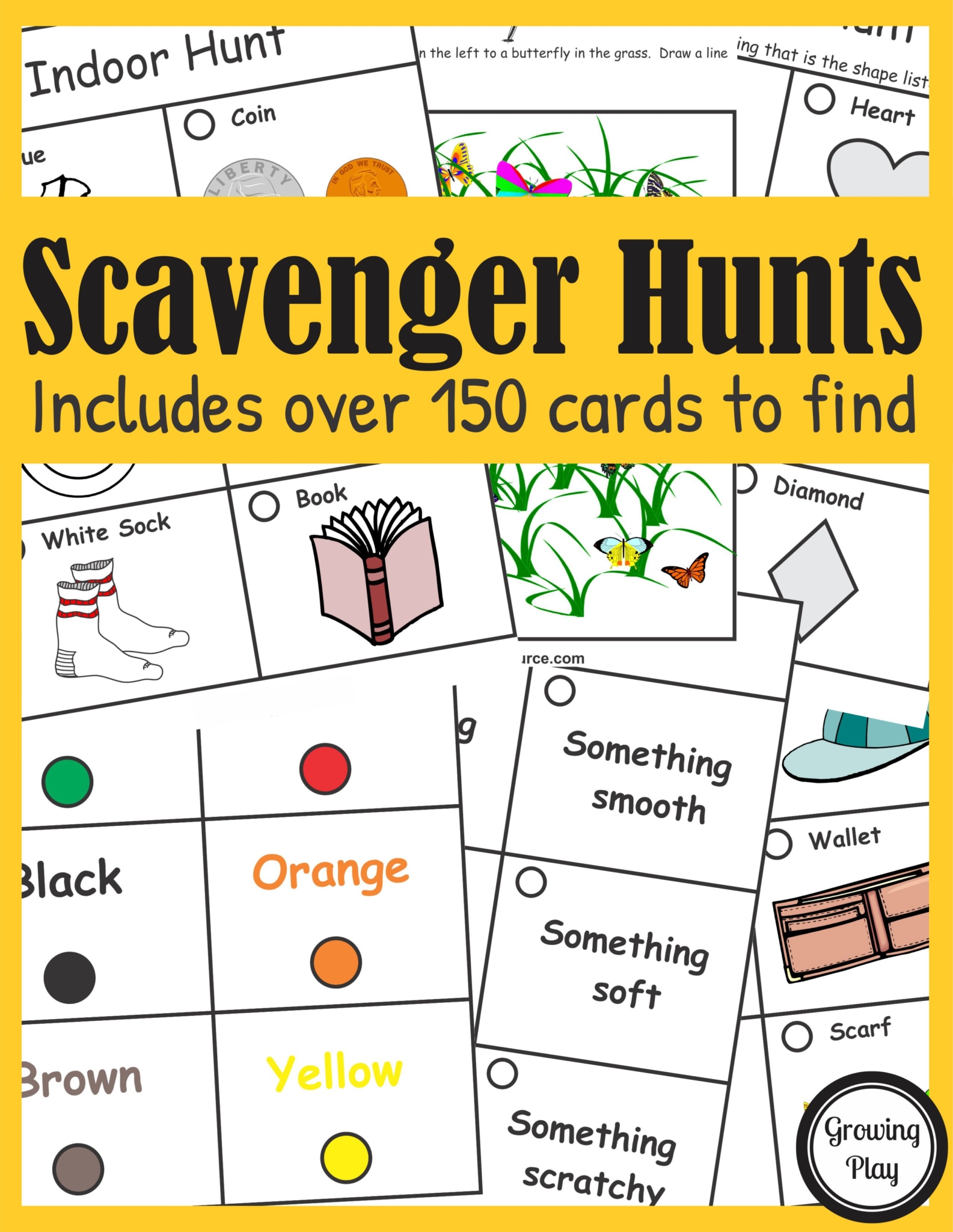
In Person or Teletherapy Scavenger Hunts
WHAT ACTIVITIES CAN HELP A CHILD MAKE FRIENDS?
Engaging in activities that promote friendship and social skills is a vital aspect of a child’s development. These activities not only provide children with opportunities to connect and communicate with their peers but also equip them with necessary social skills that lay the foundation for building lasting friendships. These can be used as small group or large group activities.
Matching Game
Create picture cards of children engaged in various activities. Have the kids match the cards that depict friends playing together.
Collaborative Crafts
Organize craft sessions where children work together to create crafts like wreaths or construction paper collages.
Scavenger Hunt
Plan a simple scavenger hunt that pairs children together. They must communicate and work together to find hidden objects.
Friendship Quilt
Provide paper squares for each child to decorate. As they work on their squares, discuss what makes a great friend.
Building Activities
Use building blocks or construction materials for collaborative building projects that require children to work together.
By getting excited about the concept of friendship games for preschool, you can provide students with opportunities to develop the necessary skills for building relationships. Through role modeling, communication, creative activities, and guided play, you are laying the foundation for a lifetime of positive social interactions. These carefully designed friendship games are not just fun activities but are essential tools for enhancing communication skills, cooperation, and empathy, setting students on a path to becoming great friends and active members of their communities.
